Last year, in response to the energy crisis, the EU had targeted a 15% reduction in gas demand and a 5% reduction in electricity demand. But gas consumption decreased by only 13% y-o-y to 430 billion cubic meters.
The EU has taken a series of measures against increasing energy prices. Efforts are being made to better coordinate energy supply and distribution among EU countries. The EU is also encouraging the diversification of energy supply and increasing energy efficiency by investing more in renewable energy sources. Moreover, the EU Commission is preparing to introduce stricter regulations against price fluctuations in energy markets. However, as each EU country has its own energy policies and markets, preventing energy price spikes is not entirely under the EU's control and work is ongoing.
This year, the European Commissioner for Energy will introduce the TTF natural gas price trigger mechanism, which could prevent a sharp increase in energy spending by businesses and households due to rising natural gas prices. This mechanism could also track the fluctuation of global LNG prices, enabling EU countries to purchase natural gas from the global market at a competitive price. In addition, the joint purchase of natural gas is a new tool used by the European Union to contain increasing energy costs caused by the disruption of Russian pipeline gas supplies following the Russia-Ukraine conflict.


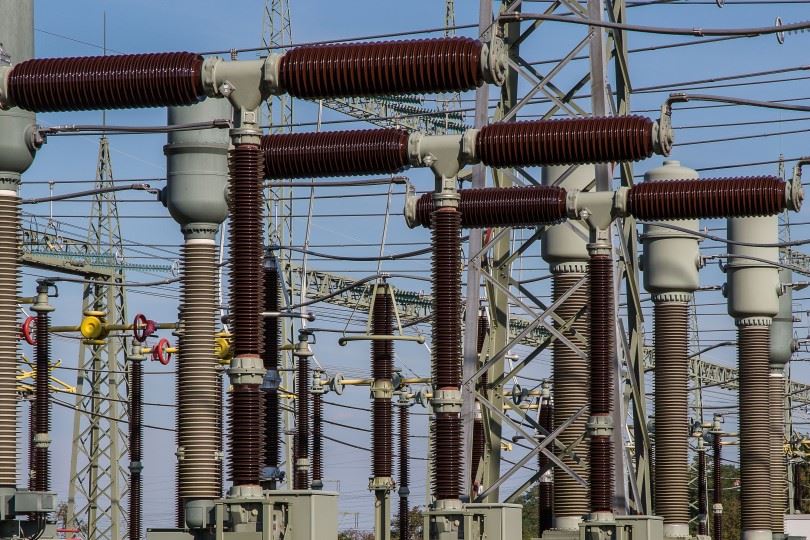

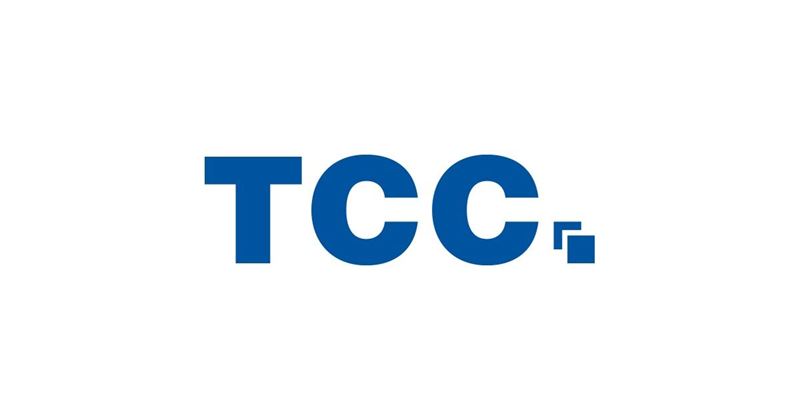
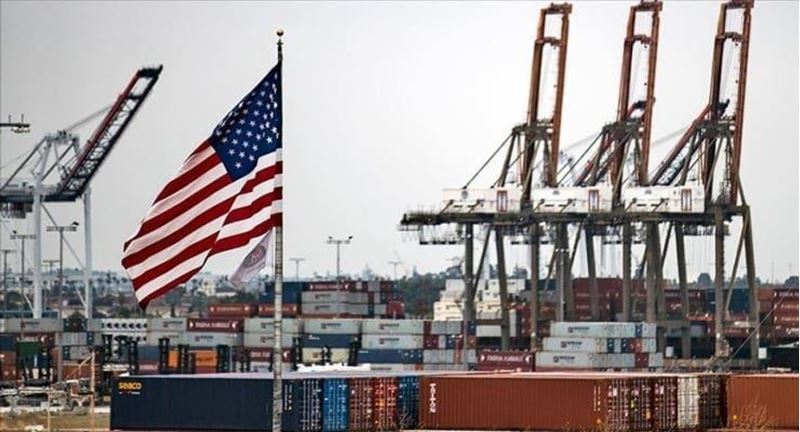
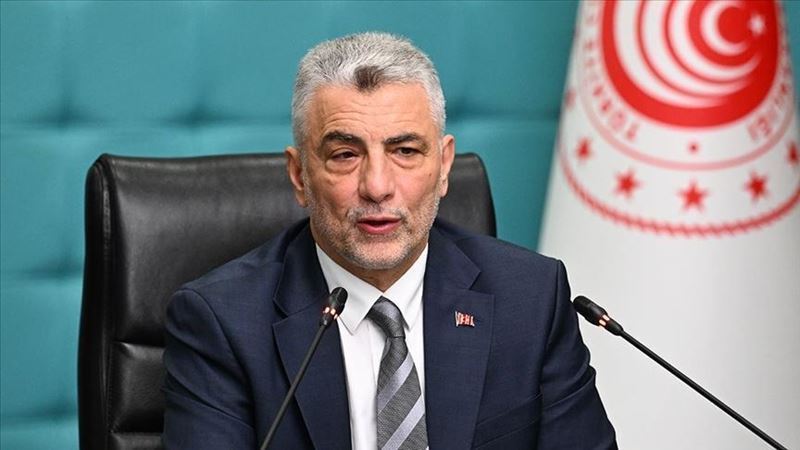
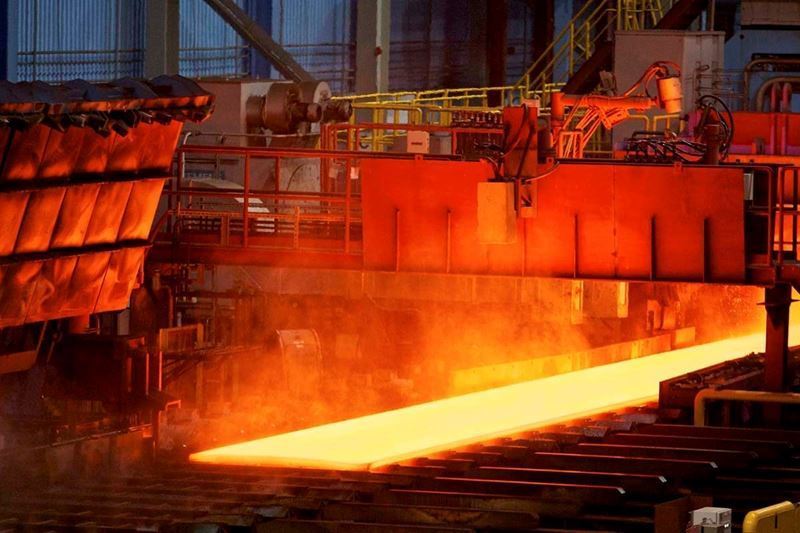
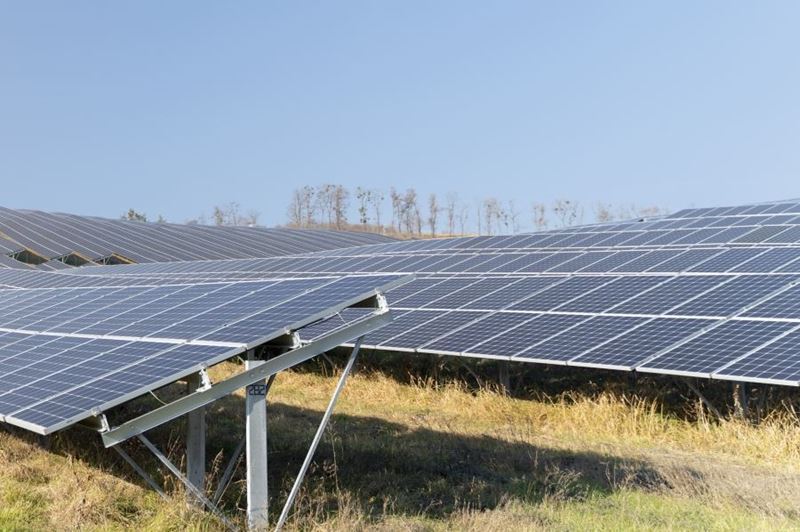


Comments
No comment yet.